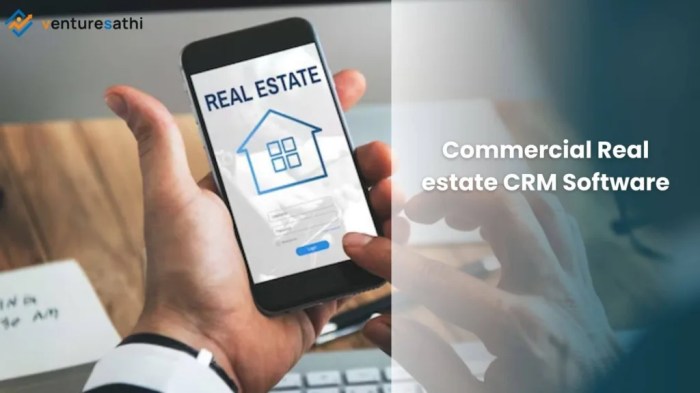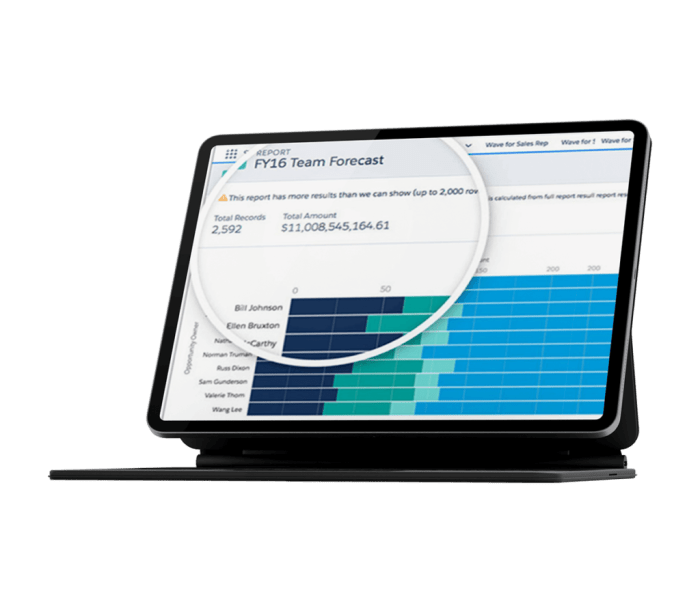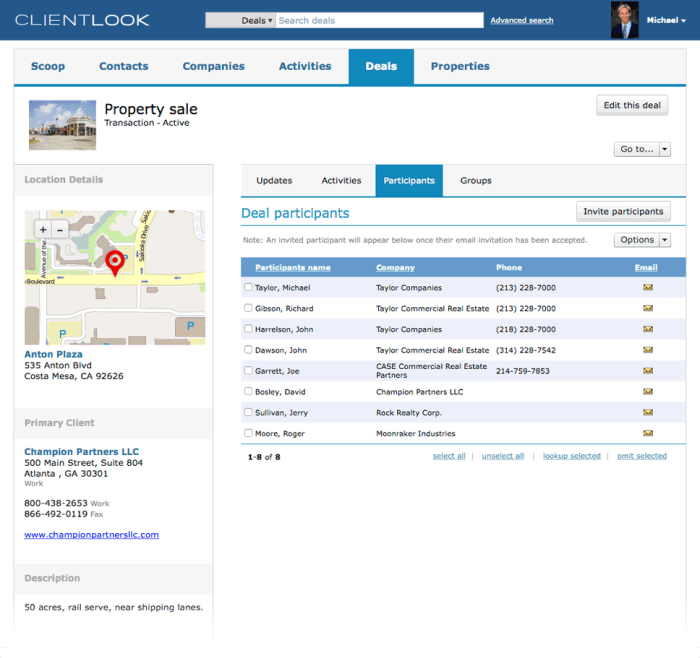The commercial real estate (CRE) industry is a dynamic and competitive landscape. Success hinges on efficient lead management, robust client relationships, and data-driven decision-making. This is where Commercial Real Estate CRM software steps in, offering a powerful solution to streamline operations and propel your business forward. This comprehensive guide explores the intricacies of CRE CRM software, its benefits, key features, selection process, and frequently asked questions.
Understanding Commercial Real Estate CRM Software
A Commercial Real Estate CRM (Customer Relationship Management) system is a specialized software designed to manage and nurture relationships with clients, prospects, and other stakeholders within the CRE industry. Unlike generic CRM solutions, CRE-specific software incorporates features tailored to the unique needs of brokers, agents, property managers, and investors. This includes functionalities for managing property listings, tracking deals, analyzing market trends, and automating communication.
Key Features of Effective CRE CRM Software, Commercial real estate crm software
- Lead Management: Capture, qualify, and nurture leads through various channels (online forms, referrals, networking events). Effective lead scoring and assignment features are crucial.
- Contact Management: Maintain detailed profiles of clients, including contact information, transaction history, communication logs, and preferences. Segmenting contacts based on criteria like property type or investment strategy enhances targeted marketing.
- Property Management: List and manage properties, including photos, descriptions, pricing, and availability. Integration with property listing platforms streamlines the process.
- Deal Management: Track deals from initial contact to closing, managing tasks, deadlines, and associated documents. Collaboration features facilitate teamwork and efficient deal progression.
- Marketing Automation: Automate email campaigns, drip sequences, and other marketing activities to nurture leads and maintain client engagement. Personalized communication increases conversion rates.
- Reporting and Analytics: Generate comprehensive reports on key performance indicators (KPIs) such as lead conversion rates, deal closure times, and marketing ROI. Data-driven insights inform strategic decision-making.
- Document Management: Securely store and access crucial documents, such as leases, contracts, and property details. Version control ensures accuracy and reduces the risk of errors.
- Integration Capabilities: Seamlessly integrate with other essential business tools, such as email marketing platforms, accounting software, and property listing websites.
- Mobile Accessibility: Access and manage data on the go through mobile apps, enabling responsiveness and efficiency in a fast-paced environment.
Benefits of Implementing a CRE CRM System
Investing in a robust CRE CRM offers numerous advantages, leading to improved efficiency, increased revenue, and enhanced client satisfaction:
- Improved Lead Management: No more lost leads! Centralized lead management ensures that every opportunity is nurtured effectively.
- Enhanced Client Relationships: Personalized communication and timely follow-ups strengthen client relationships, leading to increased loyalty and referrals.
- Increased Productivity: Automation of tasks frees up time for agents to focus on high-value activities, such as building relationships and closing deals.
- Better Data-Driven Decisions: Comprehensive reporting and analytics provide valuable insights into market trends and business performance, informing strategic decisions.
- Streamlined Workflows: Efficient processes reduce administrative overhead and improve overall team productivity.
- Improved Collaboration: Centralized data and collaboration tools facilitate seamless teamwork, improving communication and coordination.
- Increased Revenue: By improving efficiency and lead conversion rates, a CRE CRM can directly contribute to increased revenue generation.
Choosing the Right Commercial Real Estate CRM Software
Selecting the appropriate CRE CRM involves careful consideration of several factors:

Source: venturesathi.com
- Business Needs: Identify your specific requirements based on your team size, property types, and business goals.
- Budget: Consider the cost of the software, including licensing fees, implementation costs, and ongoing maintenance.
- Features: Evaluate the features offered by different vendors, ensuring they align with your specific needs. Prioritize essential functionalities.
- Integration Capabilities: Assess the software’s ability to integrate with other essential business tools.
- User-Friendliness: Choose a system that is intuitive and easy for your team to use, minimizing training time and maximizing adoption.
- Scalability: Select a solution that can grow with your business, accommodating future expansion and increasing data volume.
- Vendor Support: Consider the level of customer support offered by the vendor, ensuring timely assistance when needed.
Frequently Asked Questions (FAQ): Commercial Real Estate Crm Software
- Q: What is the average cost of CRE CRM software? A: The cost varies greatly depending on the features, number of users, and vendor. Expect to pay anywhere from a few hundred dollars per month to several thousand.
- Q: How long does it take to implement a CRE CRM? A: Implementation time depends on the complexity of the system and the size of your organization. It can range from a few weeks to several months.
- Q: Can I integrate my existing data into a new CRE CRM? A: Most CRE CRMs offer data migration services to import existing data from other systems. However, the process may require some manual cleanup.
- Q: What are the key metrics to track in a CRE CRM? A: Key metrics include lead conversion rates, deal closure times, marketing ROI, client acquisition costs, and property turnover rates.
- Q: How can I ensure user adoption of my new CRE CRM? A: Provide comprehensive training, offer ongoing support, and involve your team in the selection and implementation process. Make it user-friendly and relevant to their daily tasks.
- Q: What are some popular Commercial Real Estate CRM software options? A: Several reputable options exist, including but not limited to: [List a few popular options here, including links to their websites if possible. Avoid direct endorsement].
Conclusion
Implementing a Commercial Real Estate CRM is a strategic investment that can significantly improve efficiency, enhance client relationships, and drive revenue growth. By carefully evaluating your needs and selecting the right software, you can unlock the full potential of your CRE business and stay ahead in a competitive market. Take the next step towards optimizing your operations and maximizing your success.
Call to Action
Ready to transform your commercial real estate business? Contact us today for a free consultation and discover how the right CRM can revolutionize your workflow and propel you to new heights!
Q&A
What are the key features of a good commercial real estate CRM?
Key features include contact management, deal tracking, lead management, marketing automation, reporting and analytics, and integration with other business tools.

Source: rialtes.com
How much does commercial real estate CRM software cost?

Source: clientlook.com
Pricing varies greatly depending on the features, number of users, and provider. Expect a range from affordable monthly subscriptions to more substantial enterprise-level solutions.
Can a CRM system integrate with my existing property management software?
Many CRM systems offer integrations with popular property management software, allowing for seamless data flow and enhanced efficiency. Check with your chosen CRM provider to confirm compatibility.
How long does it take to implement a commercial real estate CRM?
Implementation time depends on the complexity of the system and the size of your business. Expect a period of setup, data migration, and user training, which can range from a few weeks to several months.
What kind of training is required to use commercial real estate CRM software?
Most providers offer training resources, including online tutorials, documentation, and sometimes in-person workshops. The level of training needed varies based on software complexity and user technical skills.
